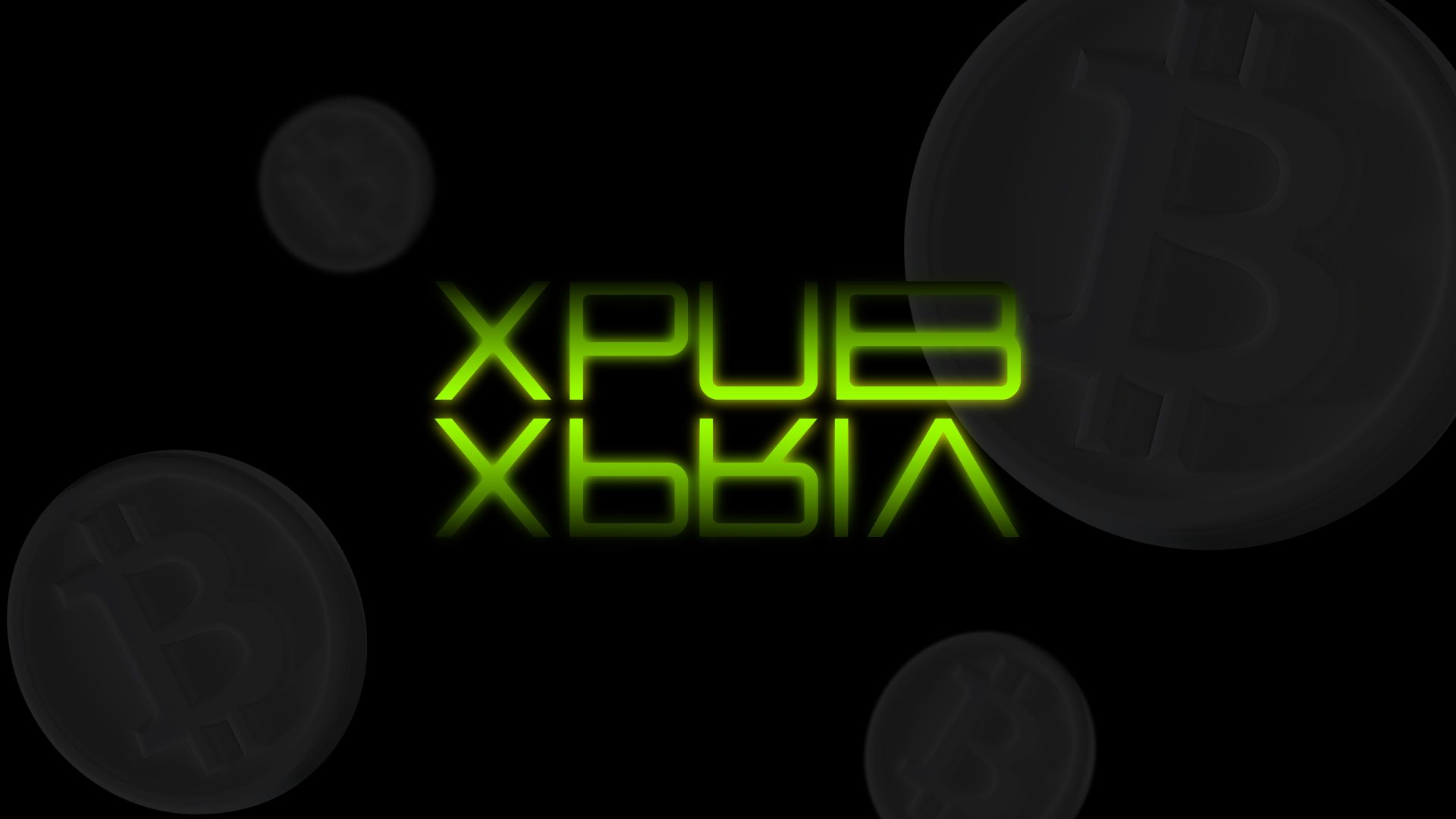Privacy is important. At Wasabi, we believe it is both a fundamental human right and business need that should be preserved at all times. You may have heard of zkSNACKs, the company that is sponsoring the development of Wasabi. But where does that name come from?
It’s a word play, originating from the Block Digest podcast, on the zkSNARKs (Zero-Knowledge Succinct Non-Interactive Argument of Knowledge) and zkSTARKs (Zero-Knowledge Succinct Transparent Argument of Knowledge) cryptographic concepts. But it goes beyond that. Zero Knowledge Snacks implies that the Snacks should not know anything about their consumers. Anyone should consume these snacks without the snacks knowing who they are being consumed by. The snacks are the product, like Wasabi Bitcoin Wallet and the consumers are its users. The wallet provider should not be able to take the funds of its users and figure out who their users are. This isn’t ensured by the wallet provider choosing to not collect information, this is ensured on the architectural level. The wallet provider cannot collect information even if it wanted to.
~ Adam Ficsor (Co-founder of zkSNACKs)
Imagine eating a bag of chips. Obviously, you know a lot about the bag of chips. Information is forced onto its container providing nutritional information, its ingredients, packaging or expiration date…even the distributer is often listed and where they’re operating from.
But should that bag of chips glean information about you? Should these chips record and then send when and where you purchased them, what else you purchased, how long it was stored before being opened, when you finally opened the bag, how long it took you to finish eating the chips and finally, whether or not you littered the bag after consumption?
In this grotesque hyperbole, it’s easy to get bothered by the notion that a bag of chips collects your personal information. And this information isn’t even all that invasive. Imagine if toilet paper tubes or condom wrappers were operating like the aforementioned paradigm?
It’s unfortunate, but this level of data collection, sharing, processing and then use/misuse is already happening on a staggering scale. Is it regulated, not really. Should it be? Not a question for us to answer, if even answerable. But this is why zkSNACKs was founded on strict principles. We adamantly believe that using our products shouldn’t be different than eating a bag of chips…today.
We do not store any personally identifiable information. Moreover, Wasabi’s trustless architecture prevents the CoinJoin coordinator from gathering this information in the first place. Zero knowledge.
How does Wasabi Wallet Achieve Zero Knowledge?
“Personally identifiable information” is any information that can be directly associated with a specific person and can be used to identify that person. When it comes to financial information (like Bitcoin), protecting privacy is even more important. An example of identifiable information is a person’s name.
That’s why:
- We do not store any personally identifiable information
- We do not track users on our website
- We provide a .onion service
- All Wasabi traffic is routed in Tor
Here’s what you must do to maintain your privacy:
The possibility to be anonymous or pseudonymous relies on you not revealing any identifying information about yourself in connection with the bitcoin addresses you use. If you post your bitcoin address on the web, then you’re associating that address and any transactions with it with the name you posted under. If you posted under a handle that you haven’t associated with your real identity, then you’re still pseudonymous. For greater privacy, it’s best to use bitcoin addresses only once.
– Satoshi Nakamoto in How anonymous are bitcoins? – Bitcointalk
Network Privacy
Wasabi Wallet includes built-in Tor and, by default, all traffic between the clients and the server goes through it, so IP addresses are hidden and the privacy of the users is respected. Under normal conditions, Wasabi Wallet never leaves Tor onion network and it never uses Tor exit relays, significantly decreasing the network attack surface.
How Tor Works Within Wasabi
Using Tor within Wasabi has several facets:
- Wasabi frequently utilizes multiple Tor streams where applicable and registration of CoinJoin inputs and outputs is done through different Tor streams to avoid linking.
- The backend server serves block filters to all the clients over Tor. From those filters, the clients figure out which blocks they are interested in and downloads them [and some false positive blocks] from random peers. One block per peer, and always over a fresh Tor stream.
- Wasabi connects to each peer through a different Tor stream. A new random Bitcoin peer is used for every transaction broadcast.
- Wasabi broadcasts transactions to only one peer over Tor, and immediately after that, the peer is disconnected.
- Every fee query happens over Tor with a new Tor identity.
There’s a lot that goes into maintaining this level of privacy for our users. In fact, it’s a balancing act to maintain transparency in what we’re doing while also keeping to our zero knowledge principals. There are so many incentives to collect information on our users, but all of them are off the table. We will not compromise on this promise to our customers and although we realize that creating a company that operates under the zero-knowledge paradigm is rare, as you can see, it’s built into who we are; hell, it’s even in our name.






